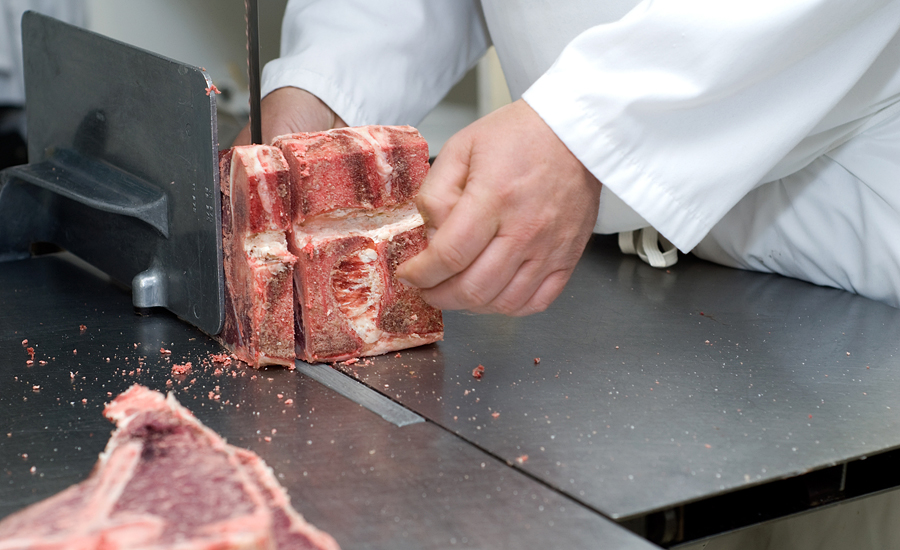Food safety concerns grow with restaurant-style foods in the supermarket
In-store dining and take-out of prepared foods from grocers has grown nearly 30% since 2008, and accounted for 2.4 billion foodservice visits and $10 billion of consumer spending in 2015.

With the rise of the grocerant — supermarkets that offer prepared, restaurant-style foods — comes consumer concerns regarding food safety. Although the majority of U.S. consumers feel that foods in supermarkets are safe, the percentage who feels this way has decreased over the last 10 years, as grocery stores have increased prepared food offerings, according to The NPD Group, Chicago.
NPD Group has tracked food safety concerns in the United States since 2001. The survey indicates that in 2006, 66% agreed with the statement that foods sold in supermarkets are safe, and in 2016 (thru August) only 58% of adults agree with the statement.
In-store dining and take-out of prepared foods from grocers has grown nearly 30% since 2008, and accounted for 2.4 billion foodservice visits and $10 billion of consumer spending in 2015, based on NPD’s ongoing foodservice market research. Over 40% of the U.S. population purchases prepared foods from grocery stores. Grocerants have even garnered the attention of the coveted Millennials, who use grocery stores less than other generational groups, but are increasing their use of prepared foods at supermarkets.
Historically, based on NPD Group’s Food Safety Monitor, consumers maintain a greater concern about the safety of foods served at restaurants than at supermarkets. However, the percentage of consumers who feel that foods served at restaurants are safe has remained, on average, between 47-49% since 2006.
“Consumers typically rate grocery prepared foods higher on freshness and quality than quick-service restaurants, but more food handling issues and concerns come into play when foods are prepared for you,” says Darren Seifer, food and beverage industry analyst. “They are now extending the concerns they have about the safety of foods served at restaurants to supermarkets. Since groceries are taking on more of the role of a restaurant, they are reaping the rewards as well as the risks that go with it.”
Looking for a reprint of this article?
From high-res PDFs to custom plaques, order your copy today!





